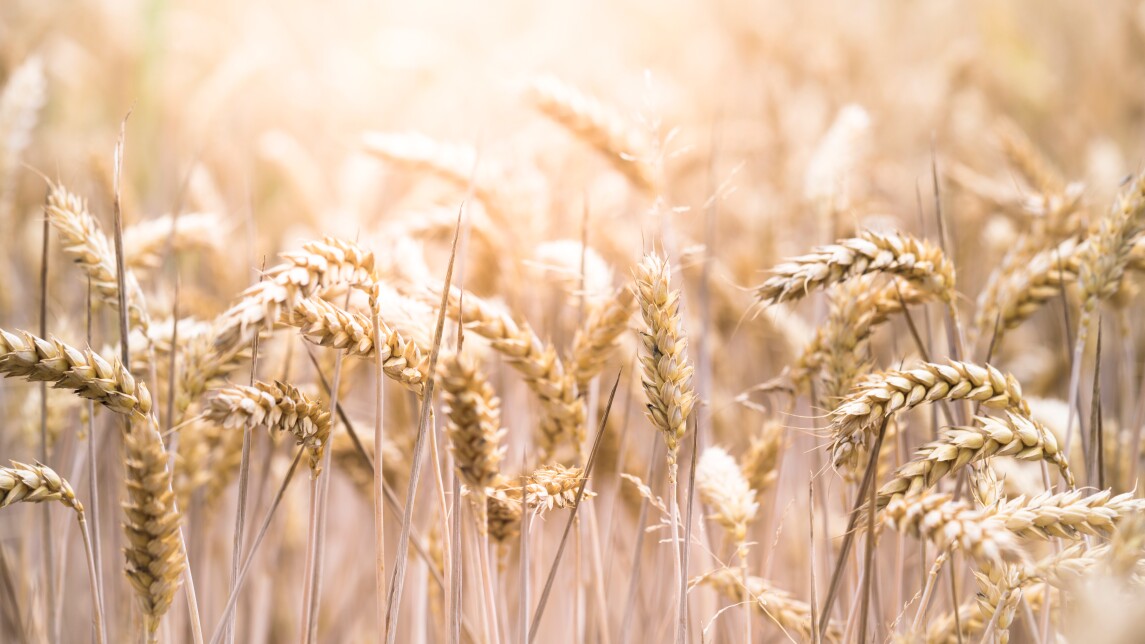Cereal foods already play a major role in the diet in most countries worldwide, as the main dietary source of energy, carbohydrate, dietary fibre, and plant-based protein. However, currently, less than half of the grains are used for human consumption. Changes in grain consumption and novel cereal protein-enriched food innovations could play a major role in transitioning towards a more sustainable food system for healthy diets, conclude Nordic researchers in a joint review published in Nutrition Reviews.
Food production is responsible for 26 per cent of global greenhouse gas emissions. Increased use of plant-based foods to replace animal-based foods such as meat and dairy is one of the strategies to meet sustainability targets. This includes improving human health, particularly in the Western world.
- Both scientists and public seem to have missed the yet untapped potential that grains can contribute towards a more sustainable food system and a healthier population. Even small changes in dietary patterns could make a large difference both to environment and health and grains could represent one of these possibilities, says Professor Rikard Landberg from Chalmers University of Technology in Sweden.
A joint consortium of researchers within food, nutrition, environment and medicine from Nordic Universities and institutes developed a potential scenario to reduce meat intake in Europe and replace it with more sustainable and healthier whole grain-based foods. Which foods shall be used and what are the nutritional consequences and the implications for the environment?
- Whole grains are beneficial to health and a high intake has consistently been associated with reduced risk of developing type 2 diabetes, coronary heart disease and colorectal cancer in observational studies. Whilst the molecular mechanisms behind this protective effect have not yet been elucidated in detail, they are most likely related to the high dietary fibre, vitamin, mineral, and bioactive compound content, says professor Kati Hanhineva from the University of Turku.
However, grain protein contains low amounts of the essential amino acid lysine, and therefore, the nutritional composition of the overall diet should be highlighted to ensure an optimal amino acid intake. This can easily be done by increased intake of legumes to complement cereal protein.
Increased availability and use of new protein-rich cereal food concepts, including dairy and meat analogues with well-balanced nutrition profiles, along with a shift towards more whole grain traditional cereal food, could help in the transition towards healthier and more sustainable diet.
The consortium included researchers from VTT, University of Eastern Finland, University of Turku, Swedish University of Agricultural Sciences, Chalmers University of Technology, Uppsala University, and Danish Cancer Society Research Centre.
The research article “Grains – a major source of sustainable protein for health” has been published in Nutrition Reviews journal on 6 November 2021: https://doi.org/10.1093/nutrit/nuab084




